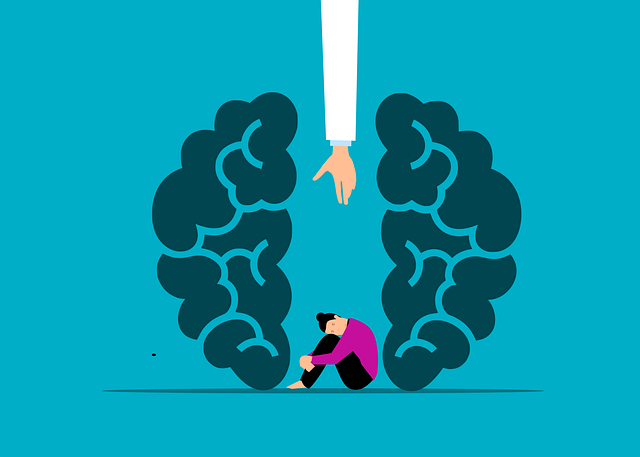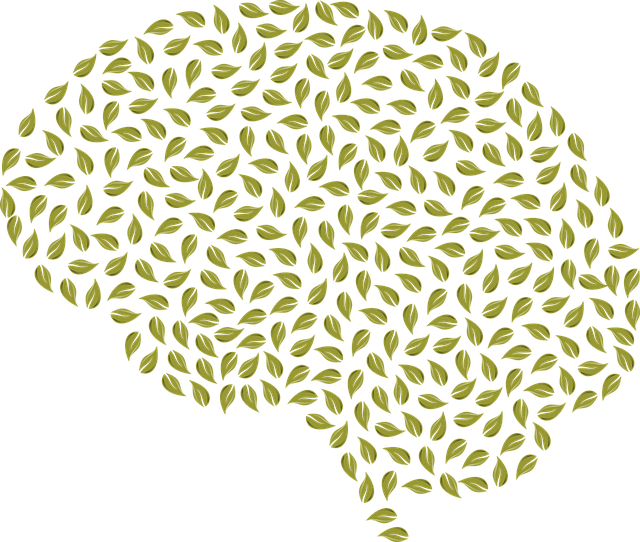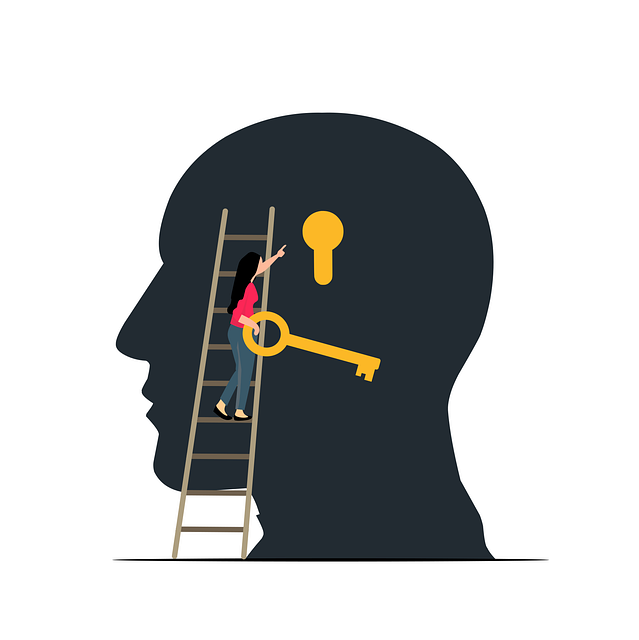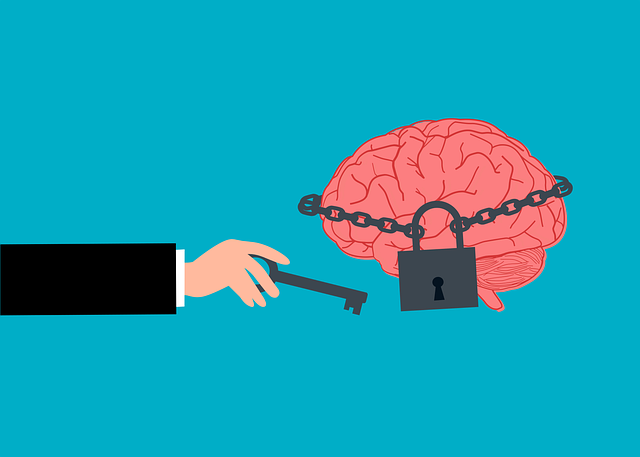Westminster Major Life Transitions Therapy (WMLTT) offers specialized training in cultural competency for healthcare providers, leveraging evidence-based practices and diverse perspectives to improve mental wellness outcomes. By addressing language barriers and incorporating respectful, interpreter-supported approaches, WMLTT enables personalized care tailored to multicultural patient populations. Their multi-faceted training approach includes role-playing, case studies, community outreach, and diverse media, fostering critical thinking and bias reflection. Continuous improvement is measured through pre-post assessments, focus groups, and client feedback, ensuring the program aligns with its mission to promote emotional healing and inner strength in culturally competent care.
In today’s diverse healthcare landscape, cultural competency is no longer an option but a necessity. This comprehensive guide explores the critical role of training in fostering culturally competent care. We delve into effective strategies employed by organizations like Westminster Major Life Transitions Therapy to bridge cultural gaps. Understanding barrier challenges faced by diverse patient populations is key, followed by best practices for designing impactful training programs. Finally, we discuss evaluation methods to measure the success of cultural competency initiatives.
- Understanding Cultural Competency in Healthcare: A Necessity in Modern Practice
- The Role of Westminster Major Life Transitions Therapy in Training
- Identifying Barriers: Challenges Faced by Diverse Patient Populations
- Designing Effective Training Programs: Strategies and Best Practices
- Measuring Impact: Evaluating the Success of Cultural Competency Initiatives
Understanding Cultural Competency in Healthcare: A Necessity in Modern Practice

In today’s diverse healthcare landscape, understanding cultural competency is no longer an option but a necessity. This concept, at its core, refers to the ability of healthcare providers to deliver culturally sensitive care, ensuring that every patient receives treatment tailored to their unique background and beliefs. As societies become increasingly multicultural, it’s vital for healthcare professionals to be equipped with the knowledge and skills to navigate complex cultural dynamics, especially during major life transitions. For instance, a study by Westminster Major Life Transitions Therapy highlights the significance of cultural competency in improving mental wellness outcomes among diverse patient populations.
Healthcare Provider Cultural Competency Training plays a pivotal role in fostering this understanding. Through Mind Over Matter Principles, providers can learn to recognize and appreciate the impact of cultural factors on health behaviors, communication preferences, and treatment adherence. By embracing these principles, healthcare professionals create an inclusive environment that addresses not just physical health but also the Mental Wellness of their patients. This holistic approach ensures that every individual receives respectful, equitable, and effective care, ultimately enhancing patient satisfaction and outcomes.
The Role of Westminster Major Life Transitions Therapy in Training

Westminster Major Life Transitions Therapy (WMLTT) plays a pivotal role in enhancing cultural competency among healthcare providers. This specialized program is designed to address the unique challenges faced by individuals navigating significant life changes, such as new diagnoses or major stressors. By incorporating evidence-based practices and a deep dive into diverse cultural perspectives, WMLTT fosters emotional well-being promotion techniques that are culturally sensitive and inclusive.
The therapy’s approach goes beyond mere symptom management, focusing on the holistic aspects of mental illness stigma reduction efforts. Through interactive workshops, role-playing scenarios, and peer discussions, participants gain invaluable insights into the lived experiences of diverse communities. This not only boosts their cultural sensitivity in mental healthcare practice but also equips them with tools to deliver more personalized and effective care, ultimately improving patient outcomes and fostering stronger relationships within diverse patient populations.
Identifying Barriers: Challenges Faced by Diverse Patient Populations

Diverse patient populations present unique challenges that healthcare providers must be prepared to navigate. One significant barrier is the potential language gap, which can hinder effective communication and lead to misdiagnoses or misunderstandings. In a multicultural society like Westminster, where Major Life Transitions Therapy might be sought after, ensuring interpreters are readily available and culturally sensitive is crucial.
Additionally, cultural beliefs and values greatly influence how individuals perceive and express pain, mental health issues, and the need for therapy. What may seem like resistance to treatment could be a result of deeply rooted cultural norms. Incorporating Emotional Healing Processes and Inner Strength Development within Mental Health Education Programs Design can bridge these gaps by fostering an environment that respects and understands diverse backgrounds.
Designing Effective Training Programs: Strategies and Best Practices

Effective cultural competency training programs for healthcare providers should incorporate a multi-faceted approach to address the diverse needs of patients from various backgrounds. One key strategy is to engage experts and community members directly involved in addressing specific cultural or ethnic issues within the local context, such as those affiliated with Westminster Major Life Transitions Therapy. This ensures that the training material is relevant, culturally sensitive, and reflects real-world challenges.
Additionally, incorporating interactive elements like role-playing scenarios, case studies, and small group discussions can enhance learning. These methods encourage active participation, critical thinking, and reflection on personal biases. For instance, a Mental Wellness Podcast Series Production featuring diverse voices and experiences can provide additional insights into the perspectives of different patient populations. Furthermore, integrating best practices from Community Outreach Program Implementation allows training to connect with community resources and initiatives, fostering a holistic understanding of cultural competency within healthcare delivery.
Measuring Impact: Evaluating the Success of Cultural Competency Initiatives

Measuring the impact of cultural competency training is crucial to evaluating its effectiveness and ensuring continuous improvement. This process involves assessing both immediate outcomes and long-term changes in healthcare providers’ behaviors, attitudes, and communication skills. Organizations like Westminster Major Life Transitions Therapy employ various evaluation methods, including pre-post training assessments, focus groups, and client feedback, to gauge the success of their initiatives. By collecting quantitative and qualitative data, they can identify areas where cultural competency has been effectively integrated into clinical practices.
The assessment should go beyond simple knowledge retention to explore how training influences emotional healing processes and fosters positive thinking among both healthcare providers and their patients. This holistic approach ensures that the development of inner strength becomes a central aspect of delivering culturally competent care, aligning with Westminster Major Life Transitions Therapy’s commitment to transforming lives through comprehensive support.
Cultural competency training is no longer a nice-to-have, but an imperative for healthcare providers. As diverse patient populations become the norm, programs like Westminster Major Life Transitions Therapy offer valuable insights and strategies to overcome barriers. By implementing effective training initiatives, healthcare organizations can improve patient outcomes, foster better communication, and create a more inclusive environment. Measuring the impact of these efforts is crucial to ensure continuous improvement and adapt to the evolving needs of our diverse communities.














